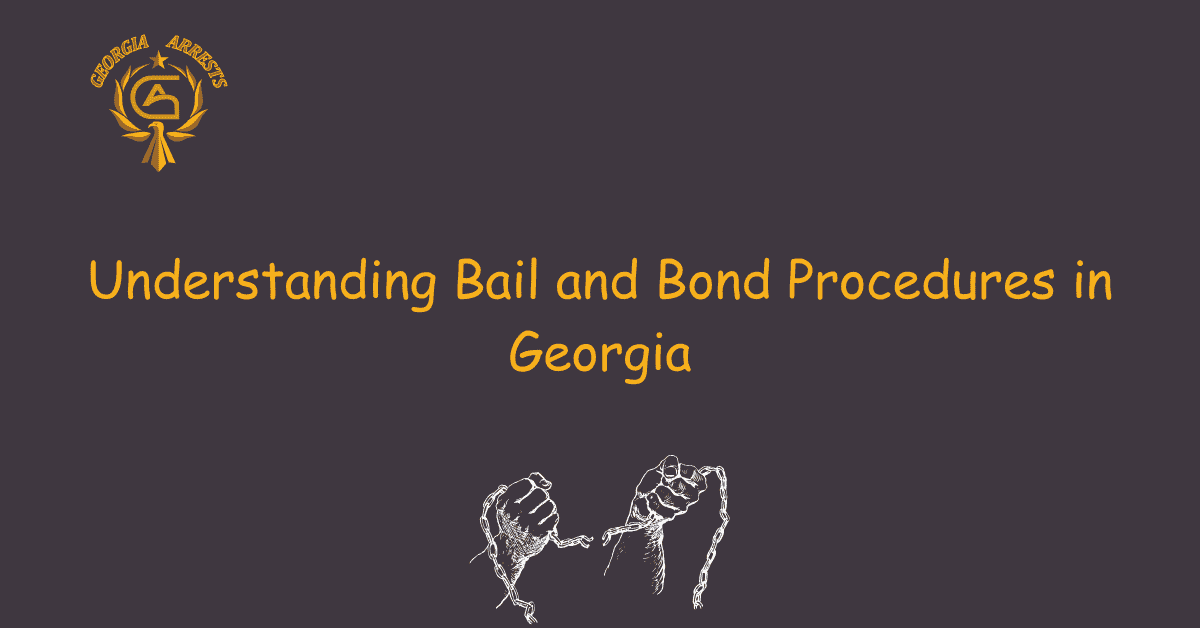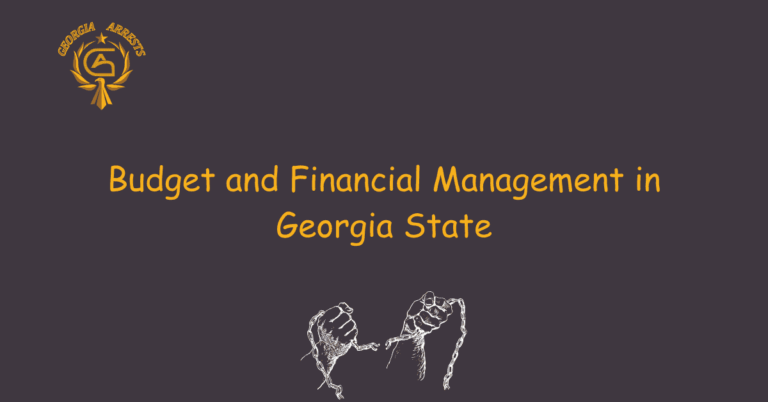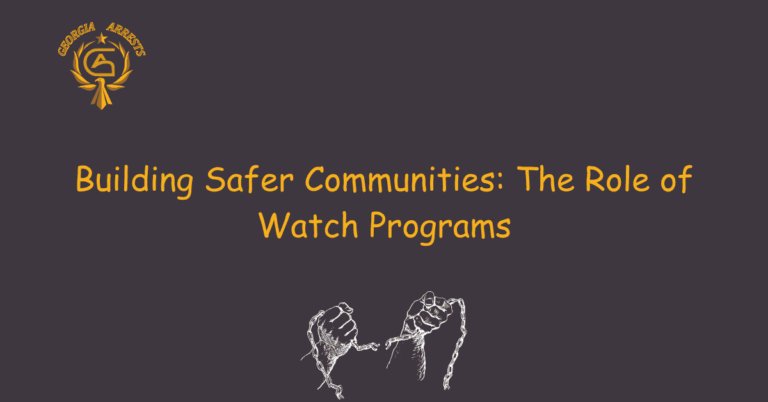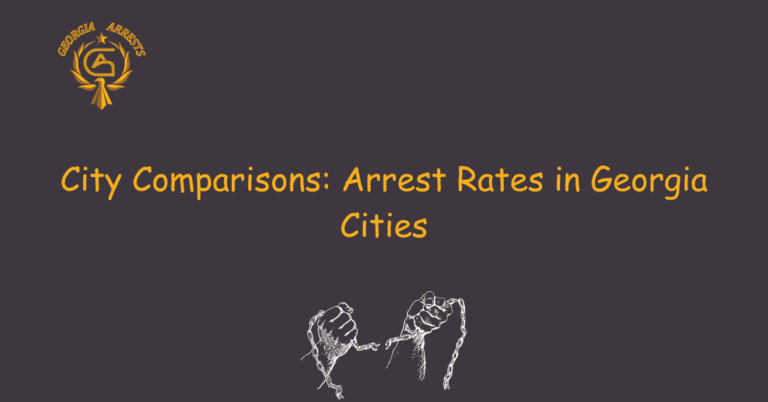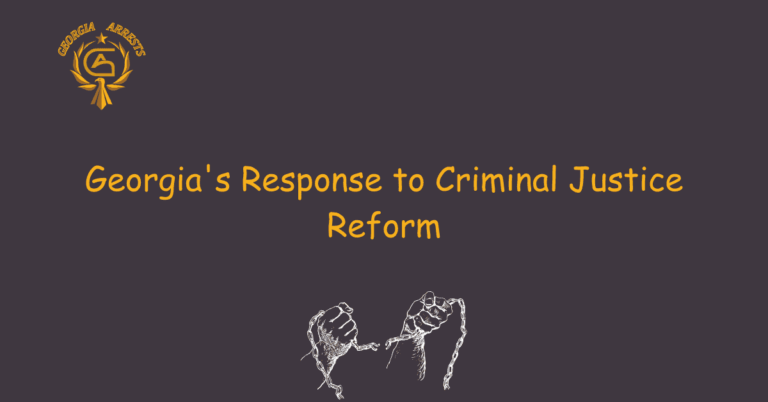Understanding Bail and Bond Procedures in Georgia
When it comes to legal matters, it is essential to have a clear understanding of the bail and bond procedures in the state of Georgia. Bail and bond are terms often used interchangeably, but they have distinct meanings and processes. Bail refers to the temporary release of a person who has been arrested, while bond refers to the financial guarantee that ensures the person’s appearance in court. By understanding these procedures, individuals can navigate the legal system with confidence and make informed decisions.
The Difference Between Bail and Bond
In the state of Georgia, it is crucial to understand the distinction between bail and bond. While these terms are often used interchangeably, they have different meanings and processes. Bail refers to the temporary release of an individual who has been arrested, allowing them to remain free until their court appearance. On the other hand, bond refers to the financial guarantee provided by a bail bond company or a person, ensuring that the arrested individual will appear in court as required.
The Bail Process in Georgia
When someone is arrested in Georgia, the bail process begins. The first step is the determination of bail by a judge or a bail schedule. A bail schedule is a predetermined list of bail amounts based on the alleged offense. Once bail is set, the arrested individual or their family can pay the full bail amount to secure their release. However, if the bail amount is too high, they may need to seek assistance from a bail bond company.
The Role of a Bail Bond Company
If the bail amount is unaffordable, a bail bond company can provide assistance. The company typically charges a non-refundable fee, usually a percentage of the total bail amount, to post a surety bond. A surety bond is a promise to pay the full bail amount if the arrested individual fails to appear in court. By utilizing a bail bond company, individuals can secure the release of their loved ones at a fraction of the total bail amount.
Conditions of Release
When someone is released on bail or bond in Georgia, certain conditions are usually imposed to ensure their appearance in court. These conditions may include regular check-ins with a bail bondsman, travel restrictions, mandatory drug testing, or participation in court-mandated programs. Failure to comply with these conditions can result in the revocation of bail or bond and the individual being sent back to jail.
The Role of a Bail Bondsman
A bail bondsman plays a crucial role in the bail and bond process in Georgia. They act as the surety, ensuring the court that the arrested individual will appear for their court proceedings. Bail bondsmen are licensed professionals who are knowledgeable about the legal system and have the resources to secure the release of their clients. They provide a valuable service to individuals who cannot afford the full bail amount.
Failure to Appear and Bail Forfeiture
If an individual fails to appear in court as required, their bail or bond may be forfeited. This means that the full bail amount or the value of the bond will be owed to the court. In addition, a warrant may be issued for the individual’s arrest. It is essential to understand the consequences of failing to appear and to fulfill all obligations imposed while on bail or bond.
Making Informed Decisions
By understanding the bail and bond procedures in Georgia, individuals can navigate the legal system with confidence and make informed decisions. Whether it is paying bail, seeking assistance from a bail bond company, or complying with release conditions, being knowledgeable about the process ensures a smoother experience. It is important to consult with legal professionals for specific advice and guidance regarding individual cases.
FAQs
What is bail?
Bail is a process where a defendant pays a set amount of money or provides collateral to the court in exchange for their temporary release from custody while awaiting trial.
How is bail determined in Georgia?
In Georgia, bail is determined by considering various factors such as the seriousness of the crime, the defendant’s criminal history, flight risk, and ties to the community. A judge examines these factors to determine an appropriate bail amount.
Can bail be denied in Georgia?
Yes, bail can be denied in Georgia if the judge believes the defendant poses a significant flight risk, is a danger to the community, or if the crime is particularly severe.
What happens if I cannot afford bail in Georgia?
If you cannot afford bail in Georgia, you may seek the assistance of a bail bondsman. A bail bondsman will pay the bail amount on your behalf in exchange for a fee, usually a percentage of the total bail.
What is a bond in Georgia?
A bond in Georgia is a written promise that the defendant will appear in court for their scheduled hearings. It is typically posted by a bail bondsman who charges a fee for their services.
Can bail be refunded in Georgia?
If the defendant complies with all court appearances and requirements, the bail money or collateral can be refunded in Georgia. However, any fees paid to a bail bondsman are non-refundable.

